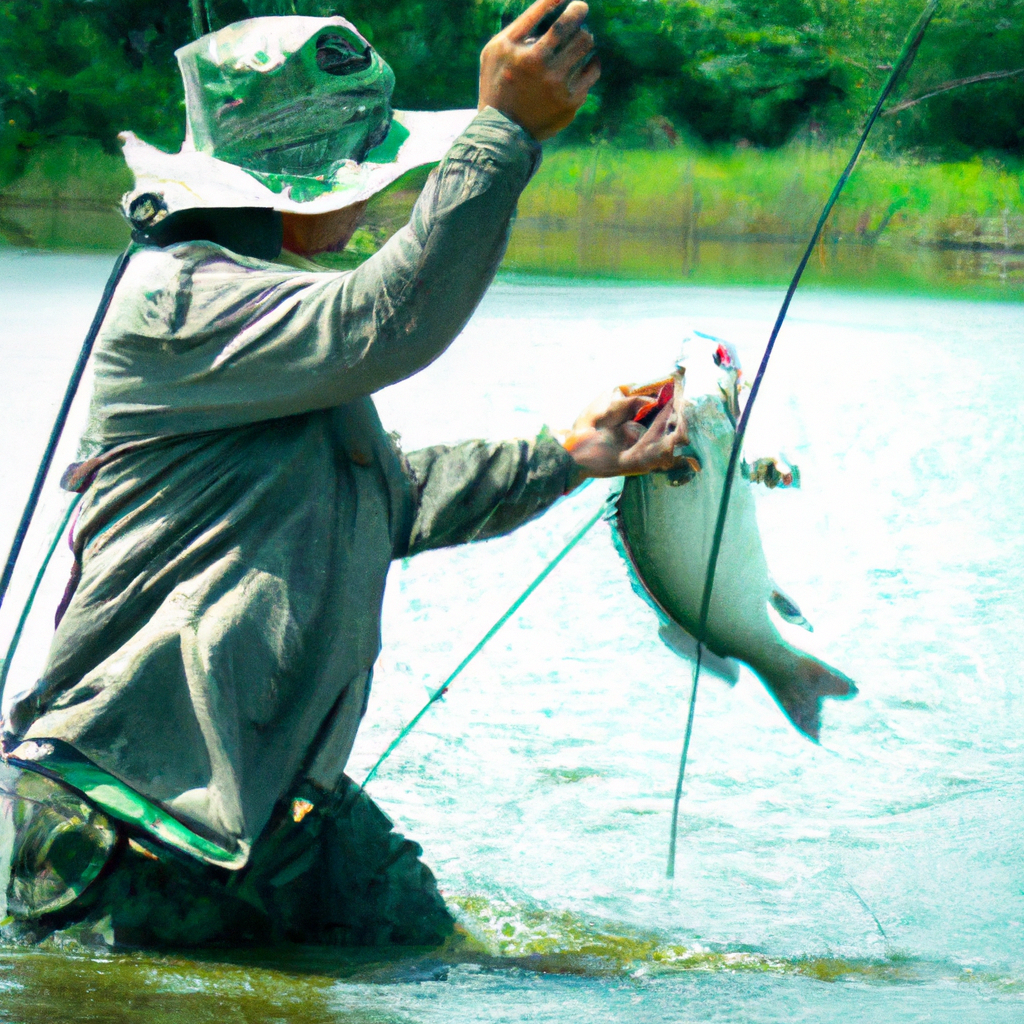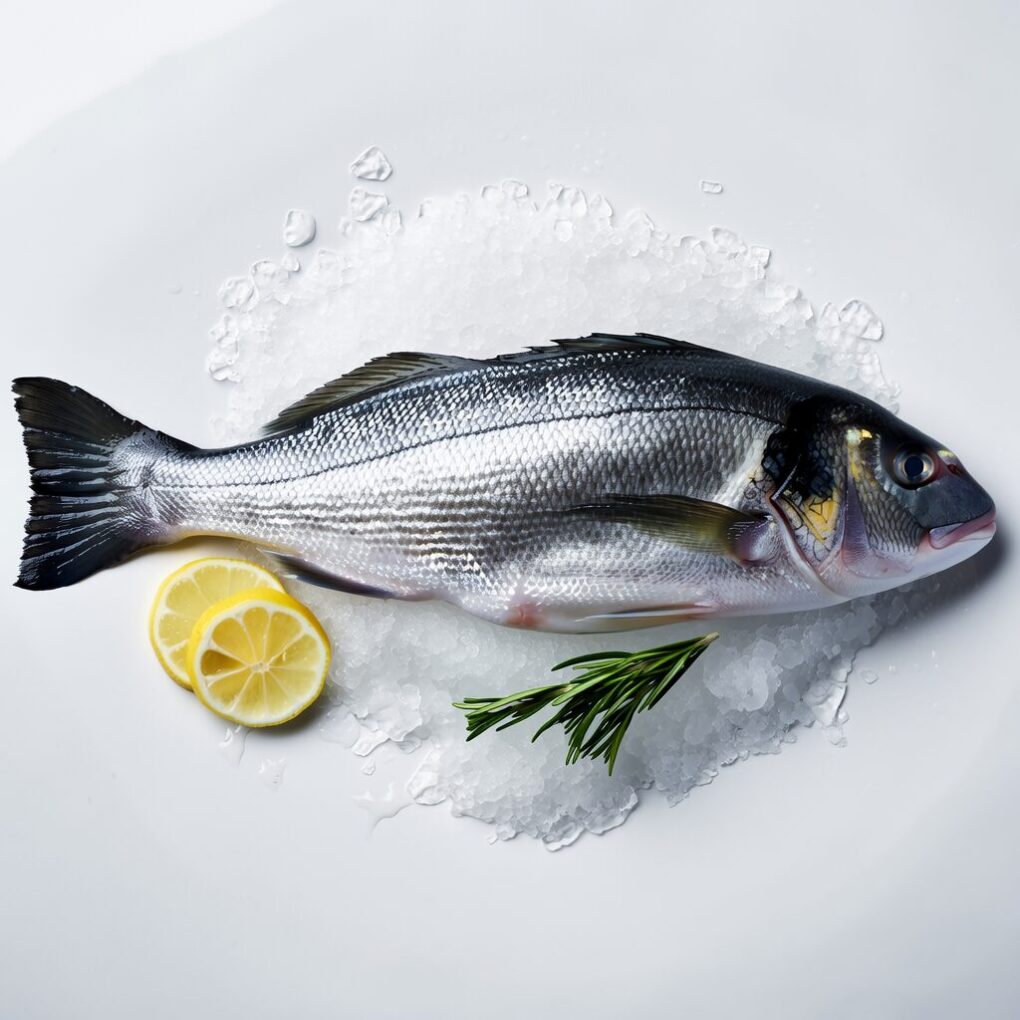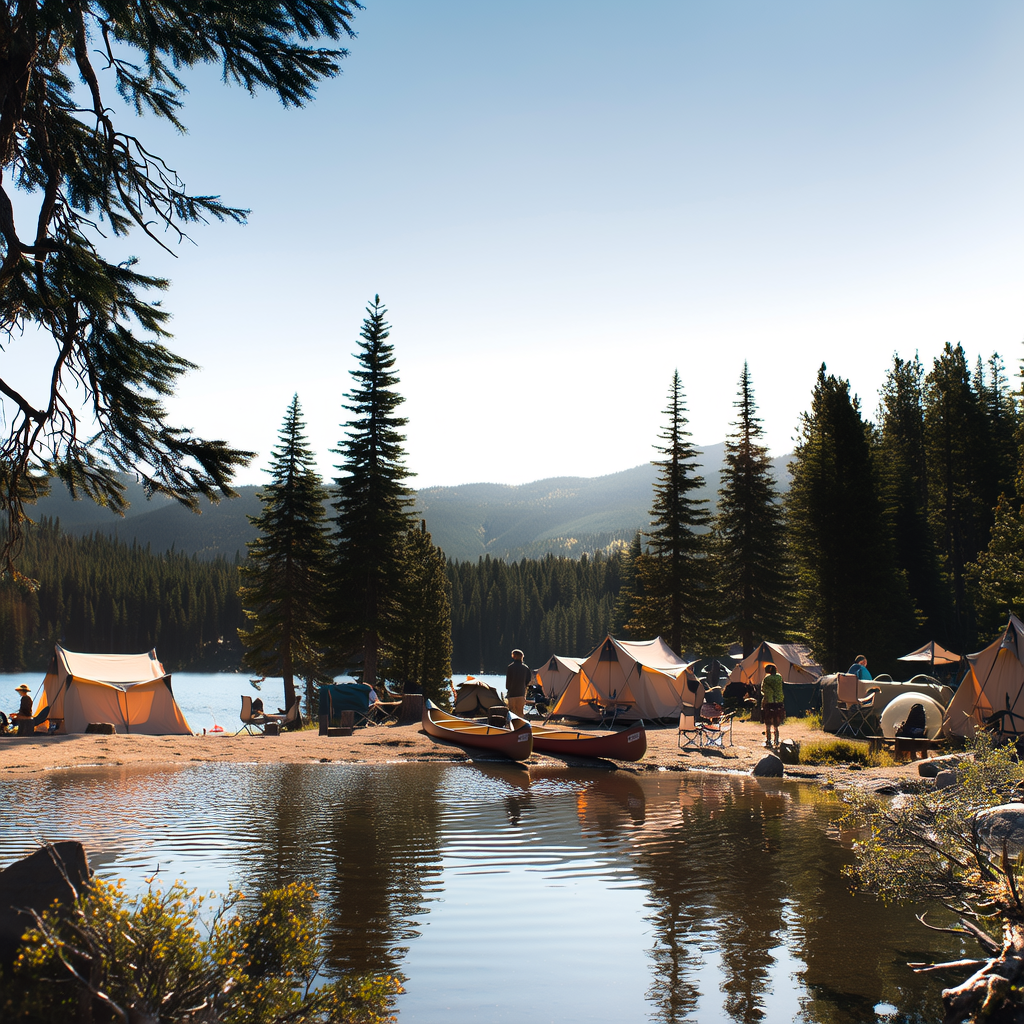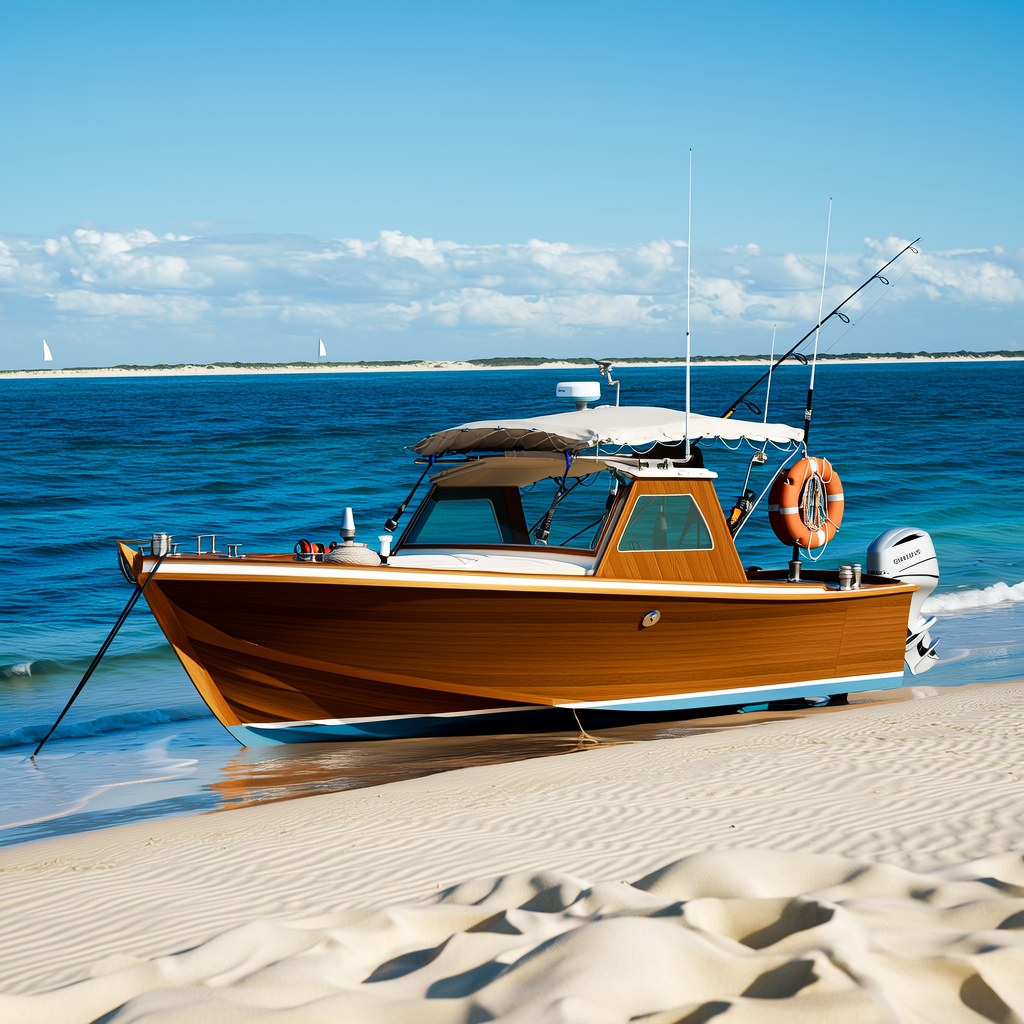Millions of people enjoy fishing as a recreational activity. It’s important to check if you require a fishing license in your area, whether you’re fishing in a pond or at sea. Fishing licenses are regulations that are implemented by the respective authorities to promote responsible fishing and ensure the sustainability of aquatic resource. In this article we will discuss the importance of fishing licences and answer a common question: Do you need a fishing license?
Understanding Fishing Licenses
Fishing licenses give individuals the legal authority they need to engage in fishing. These licenses are usually issued by local or governmental fishing authorities such as the fish and wildlife departments to regulate and manage fishing in their jurisdiction. These licenses are essential for fisheries management and conservation efforts. They also maintain the health of aquatic ecologies.
Why Fishing Licenses are Required
The licensing of fishing is important for several reasons:
1. Conservation of Fish Populations
By limiting the number and size of fish caught, fishing licenses can help manage and conserve fish populations. By imposing size restrictions, catch limits, and seasons, the authorities can prevent overfishing, and ensure sustainability of fish stock.
2. Ecosystem Protection
By requiring fishing licences, authorities can enforce regulations regarding fishing practices in order to protect the ecosystems and natural habitats where fish species thrive. Certain areas, such as marine protected areas or wildlife reserves, may have specific rules to protect the surrounding environment from harmful impacts of unrestricted fisheries.
3. Fisheries Management Funding
Fees collected through fishing licenses can be used to support initiatives in fisheries management, such as research, stocking, habitat restoration and law enforcement. This funding is essential for maintaining the health of fish habitats and promoting sustainable fishing methods. It also ensures that future generations can enjoy recreational fishing.
Who needs a fishing license?
The requirements for fishing licenses vary depending on your jurisdiction and the type you plan to do. Anyone over a certain age (usually 16 years or older) who is fishing for recreational reasons must have a license. Depending on the jurisdiction, there may be exceptions for certain groups, like disabled individuals or specific age categories.
Freshwater Fishing Licenses
You will need a freshwater license if you plan to fish freshwater bodies like lakes, rivers or ponds. These licenses are usually specific to a state or province, and can include different categories, such as a daily, annual or lifetime license, based on duration and frequency of fishing. It is important to read the relevant regulations, and obtain the correct license for your intended activities.
Saltwater Fishing Licenses
Separate licenses may be required for those who are interested in saltwater or recreational marine fishing. These licenses are often called saltwater fishing licences or marine fishing licenses. These licenses are usually issued for fishing in coastal waters, ocean waters, and aboard sea vessels. They are vital to ensuring the sustainable use and maintenance of delicate marine ecosystems.
Additional Permits & Endorsements
Some jurisdictions may require additional permits or endorsements to specific fishing activities. Some jurisdictions may require special permits to target certain species, fish in specific areas or use particular gear. To ensure compliance, it’s important that you are familiar with the local regulations and requirements.
How to buy and pay for a fishing license
The cost of fishing licenses varies depending on the type of license and the resident status. Residents may pay lower fees than non-residents and visitors from out-of-state. The fishing license fees are used to fund conservation efforts, research and management programs. Here are some common ways to purchase fishing licences:
1. Online Purchase
Many fishing authorities provide online platforms for individuals to conveniently purchase fishing permits. These websites are usually user-friendly, allowing the user to choose their desired license type and duration, as well as pay securely with various payment methods. The license is usually provided in digital format, which can be printed out or saved to a personal device. Online purchases are especially beneficial for those who do not have access to physical licensing agents, or who want to avoid waiting times.
2. Licensing Agents in Person
Often, physical licensing agents such as local bait shops or sporting goods stores or government offices are designated places to purchase fishing licenses. These agents offer the opportunity to ask any questions, receive information and expert advice about selecting the right license. In-person purchases are beneficial for those who want to interact with someone or need additional guidance.
3. Orders by phone and mail
In some cases, fishing permits can be ordered by phone or postal order. Individuals can contact their local fishing authority or department and provide the necessary information. Payments can be made by phone or postal mail. The license will then be mailed to the applicant. This option is especially useful for those who have limited internet access or experience difficulties using online platforms.
Penalties for fishing without a license
A violation of fishing regulations can result in penalties if you fish without a valid licence. The severity of the penalty can vary depending on where the offense occurred. Fishing without a fishing license can result in fines, confiscation, suspension of fishing privileges and even criminal charges. Fishing regulations usually outline the specific penalties, which are enforced by game wardens or fisheries enforcement officers.
Benefits of a Fishing License
The primary purpose of fishing licences is to regulate and control fishing activities. However, they also offer a number of additional benefits.
1. Legality and peace of mind
You can legally engage in fishing activities by obtaining a license. It gives you peace of mind, ensures that you comply with local regulations and contributes to responsible fishing practices and conservation of the environment.
2. Contributing to Conservation Efforts
A fishing license helps to support fisheries conservation and habitat restoration programs, as well as research and other initiatives that aim to maintain healthy fish populations and eco-systems. By purchasing a fishing license, you are actively contributing to the sustainability of the fisheries resources as well as the preservation of the natural environment.
3. Access to prime fishing spots
Certain fishing hotspots and fishing locations may be restricted or have specific entry restrictions. Possessing an official fishing license can often grant you the privilege of fishing in these prime locations. This will enhance your fishing experience. It allows you to explore different fishing environments and hunt for prized fish species.
4. Learning and Education
Fishing licenses are often accompanied by educational materials, guides for fish identification, and other resources to promote responsible fishing, ethical angling and environmental awareness. These materials can help you learn more about fishing techniques, local regulations and conservation practices. They will also enrich your overall fishing experience.
Conclusion
Do you need a fishing license? In most cases, yes. Fishing licenses are essential for fisheries management, conservation and ensuring the sustainability aquatic resources. They are essential tools for regulating fishing activities, protecting ecosystems, funding conservation initiatives, and promoting responsible angling. It’s important to know the regulations for fishing in freshwater and saltwater, to obtain the right licenses and to enjoy fishing responsibly. Remember that fishing isn’t just about catching fish, but also about appreciating nature and preserving its beauty for future generations.




